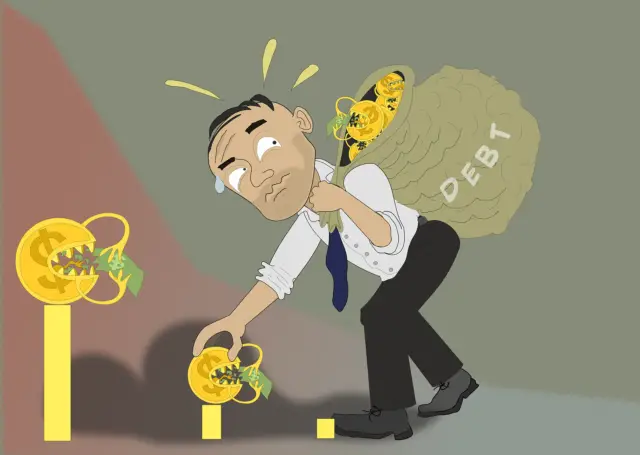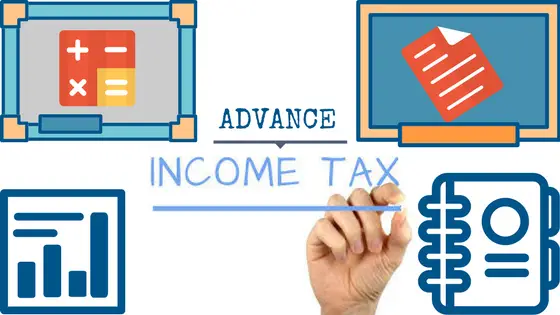Banks and financial institutions consider Credit Score as one of the most important factors while processing a loan application. According to CIBIL, 80% of the loans that get approved by banks at minimum interest rates are that of people whose CIBIL credit score is above 750. For applicants with a low credit score, it is unlikely to get a loan at a low rate of interest.

What Exactly Bad Credit Score Means?
Your Credit Score represents your credit worthiness. If your credit score is low, a bank will consider you as ‘risky’ and is unlikely to provide you a loan. Even if a bank or a financial institution agrees to lend, the loan will come at a high rate of interest. Credit score ranges between 300-850. Generally, a credit score of 700 and above is considered as good. And a credit score of more than 800 is considered as excellent.
Why is your Credit Score low?
Your Credit Score shows the repayment behavior. So, if you are frequently late with your Credit Card bill payments, missed paying EMIs, spend a high portion of the credit limit on your credit card regularly, have applied for and taken several loans, your Credit Score will take a dive. The age of credit history is also a factor to have a good credit score. This age means not your actual age, it started when you took the first credit in terms of a loan, credit card etc.
Is It Recommended To Take a Bad Credit Loan?
Before we address the question mentioned above, a more relevant question is “Is it possible for an individual to get a loan with a bad credit score?” The answer is “Yes, it is possible.” Is it recommended? Well, no. There are several financial institutions or lenders who offer loan for individuals with bad credit score but the loan usually comes with an extremely high-interest rate and may lead to big financial implications.
Before you think of taking a bad credit loan, it is advisable to concentrate on improving your credit score first. This may take a few months, but in the long run will be more beneficial, as with a higher credit score you are likely to get a loan easily and at comparatively low-interest rates.
Also Read: A Guide to take Personal Loan for Self-Employed Professionals
What Are The Available Options If One Does Not Get A Loan?
However, in certain situations like a medical emergency, the need for funds is immediate. And a poor credit score can lead to a financial crisis while taking a loan. But do not worry, there are other options that you can explore:
Talk To Your Bank:
Banks often are willing to lend to an old customer, even with a poor credit score. If you are an old customer of a bank or have a good rapport, then you can request your bank and explain them the reasons behind your low credit score, like a family emergency, wedding in the family etc. There are chances that your bank may work out some arrangement to help you out.
Also Read: Withdraw PF Amount Partially for These Nine Reasons
Check Your Spouse’s Credit Score:
If your spouse’s credit score is better than yours, then apply for a joint loan (be a co-signor) or ask her/him to become your guarantor. This will surely increase your chances of a loan approval.
Know how you can check credit score for free with step by step guide.
Explore NBFCs & Smaller Banks:
There are small banks or NBFCs (Non-Banking Financial Company) that offers loans to individuals with a poor credit score. However, they offer loans at a higher rate of interest. So, it is recommended to go to them only if you have no other options available.
Go for a Collateral Loan:
Lastly, you can borrow money against your property, house, insurance, gold, or any other securities. Surprisingly, their interest rate is also not very high and lies between 10-15% and one can get a quick loan. But do compare various options available before choosing the lender.
However, consider these options only when your need for the loan is extremely urgent. Otherwise, work on your Credit Score to get a loan on better terms. A good Credit Score is a critical factor behind your financial well-being.




Great article, i was in a really bad shape with my credit score of 567 and shadow duty brought me up to 750 in less than 2 weeks. please don’t get caught up with those scammers out there shadowdataduty@gmail.com he is real folks.
Thanks for sharing your experience.